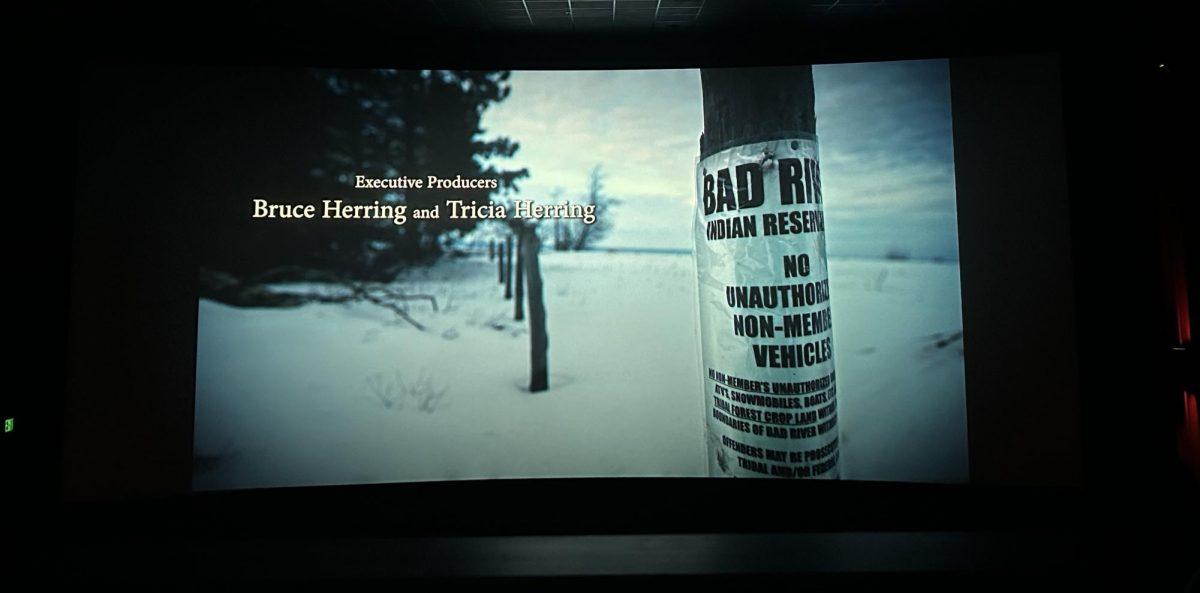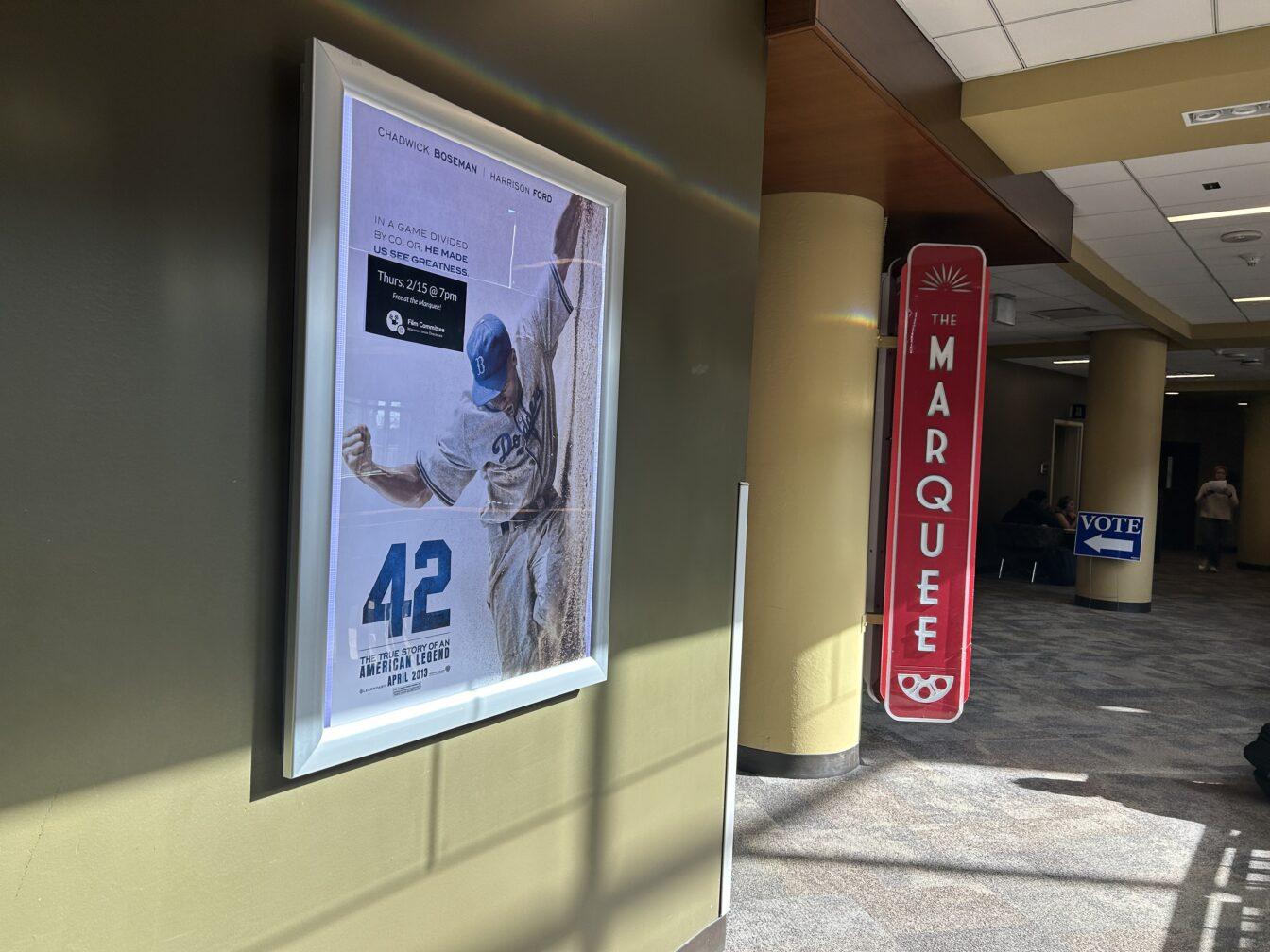Oscar-nominated motion picture “All the Money in the World,” tells the true story of the kidnapping of John Paul Getty III, the grandson of billionaire John Paul Getty who became the richest man in the world during the ’70s for investing in foreign oil.
This film unravels the unfortunate and gripping events that draw the values of family and human morality to the forefront, bringing you to the edge of your seat to get a closer look.
‘Lady Bird’ transports viewers to 2002 with a story of adolescence, motherhood
Getty III was kidnapped in Italy by a group of terrorists who demanded his grandfather pay $17 million in ransom. The audience can assume anyone who had the means to save their beloved family member would do so by all means necessary. But Getty’s fatal character flaw could realistically lead towards a real fatality.
Getty was an old man plagued by greed and materialistic comfort. Considering Getty did have more than plenty to spend on the precious life of his grandson, he shocked his family and the world when he stubbornly refused to give up one cent.
‘I, Tonya’ captures gripping true story of Olympic skater Tonya Harding
Actor Christopher Plummer transforms himself into the realistic villain all audience members struggle to understand, but could easily despise. This execution granted him a recent Oscar nomination for Best Supporting Actor.
Although Kevin Spacey was initially picked for the role, it is unimaginable to think any other actor is as suitable as Plummer to play Getty. This was a match made in heaven.
Michelle Williams played the distressed mother and daughter-in-law to the tycoon, Abigail Harris, and Mark Wahlberg accompanies her as her assigned detective, Fletcher Chase.
Williams’ performance is impeccable — a poised, loving mother who felt challenged and misplaced, facing off against her father-in-law, whose power stemmed simply from an intimidating sum of disposable cash. And Wahlberg successfully paints Chase as one of the mystical wonders of the world — a nice guy. The film portrays Chase as the one who ultimately caused Getty to have a change of heart.
This film showcases the dilemma of quantifying the value of a human life in currency. Getty III’s mother was terrified, infuriated and in shock when she discovered the news he was taken hostage. Even worse is the fact she felt as if Getty, the world and all odds were against her.
As this kidnapping occurred during the summer of 1973, the technological resources that Mrs. Harris, at the time, made the search even harder, often leaving her feeling defeated. The longer the captors kept Getty III, the more brutal their treatment of the teenager was, in attempts to speed up the monetary transaction.
Let’s be Frank, Live Nation merger good for music scene in Madison
What was once a fight for her son’s life, became a battle for her motherhood, pride and in the same breath, her womanhood. Williams was nominated for Best Actress in a Motion Picture Golden Globe award — a well-deserved honor.
The strong, fearless and relentless woman Williams portrays speaks for the voices of all women subjected to the power imbalance in a world ruled by wealthy men. Despite a highly influential male patriarchy misguided by the fragile male ego, this movie brings about the notion of morals.
Does paying ransom encourage terrorists to continue to hold hostages? Would it attract more money mongers to harass the recipient for loans? Is refusing to pay the ransom, with the knowledge that a human life is at stake, a demonstration of poor morals and human evil? What would you have done if placed in the same scenario?
Rating: 5/5













